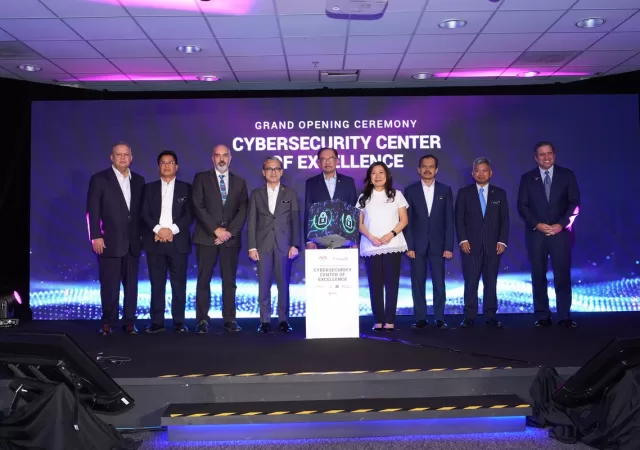As more cities move towards becoming Smart Cities, the need to strengthen core digital infrastructure requires a shift from being reactive to proactive.
Developing and Enhancing Cyber Resilience in Core Infrastructure
From mobile dominance to cybersecurity and threat intelligence, BlackBerry has pivoted to apply its know-how to enhance and enable cyber resilience at scale.
BlackBerry CyberSecurity Centre of Excellence Launched in Malaysia
BlackBerry is probably a brand that most Millenials are familiar with. The first thing to come to mind is keyboard-laden smartphones with one of the most secure operating systems – BlackBerry OS. However, since the company’s unfortunate rounding up of…





